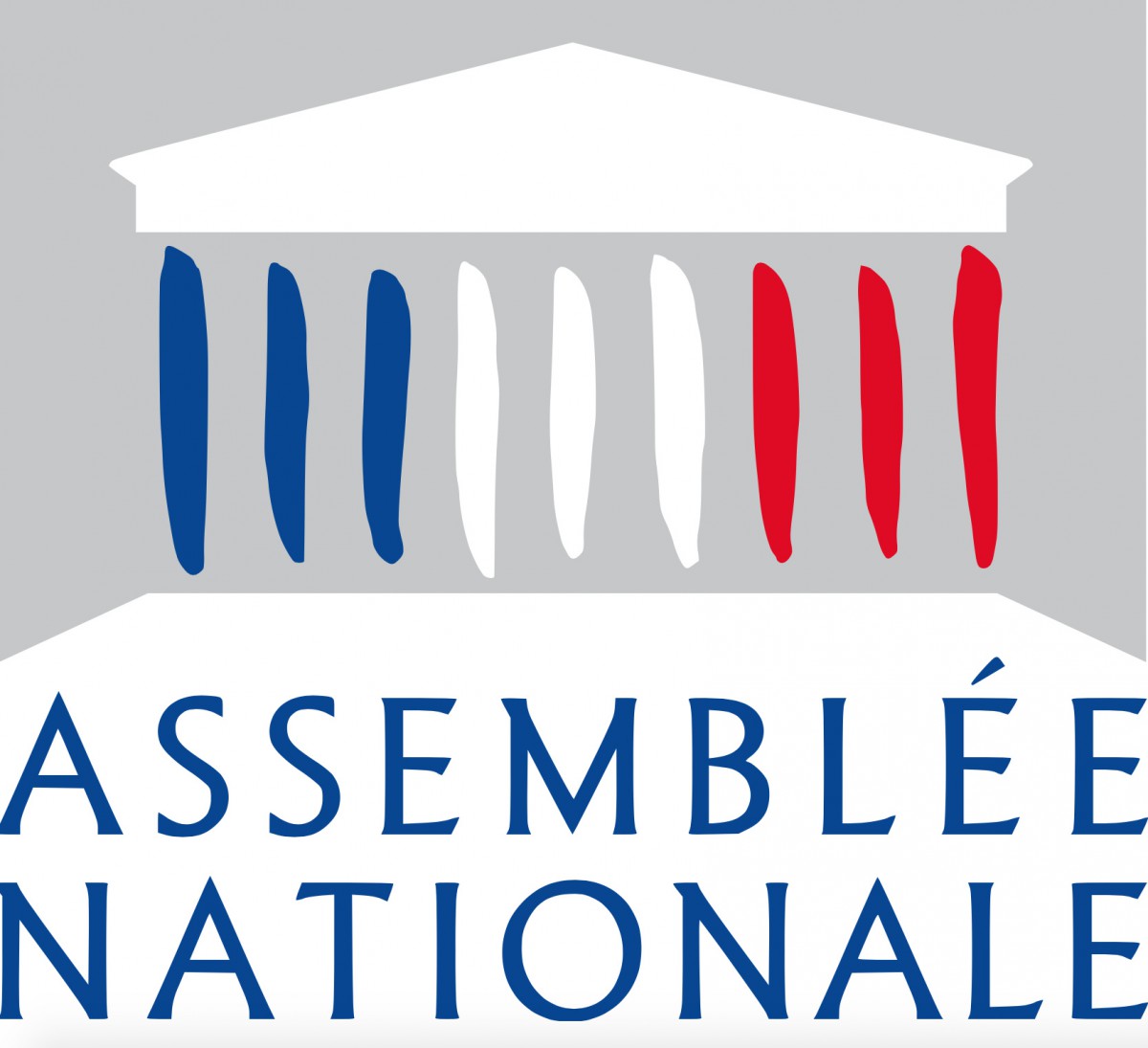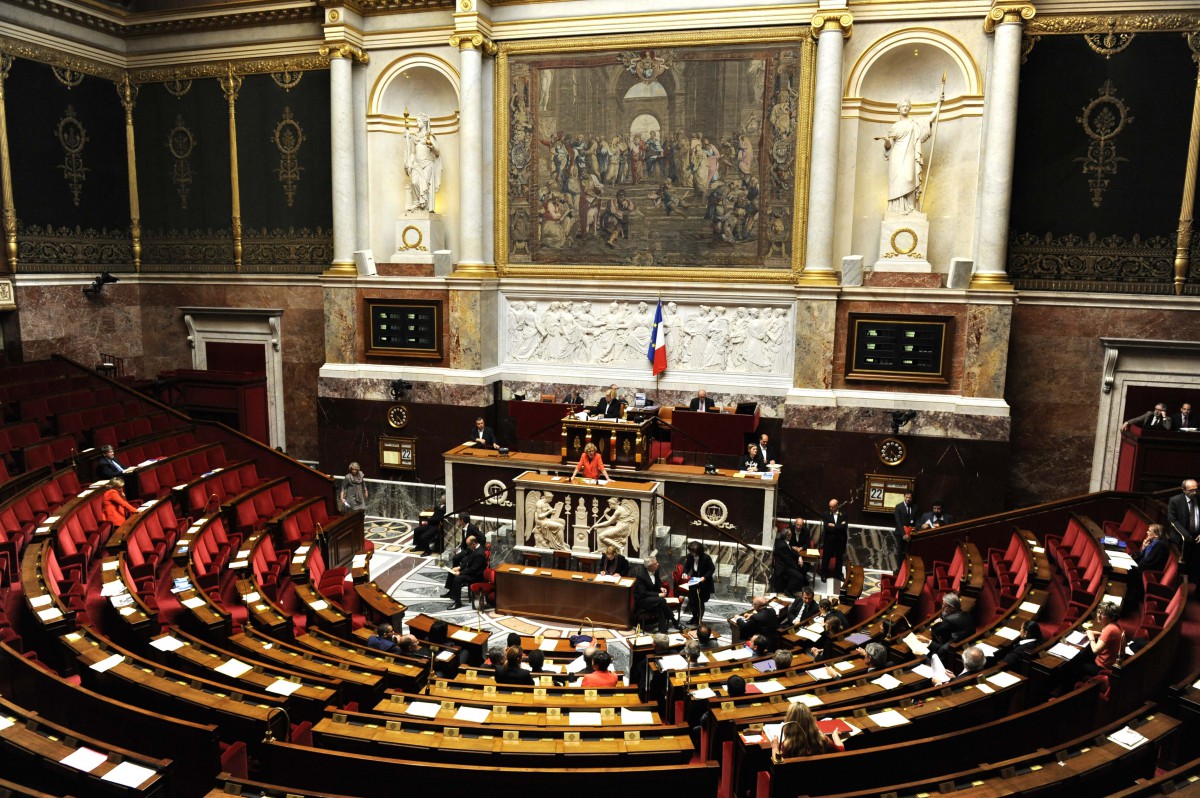By the Constitution of 1875, the Third Republic of France established a bicameral Parliament consisting of two assemblies: the Senate (le Sénat) and the Chamber of Deputies, known today as the National Assembly (l’Assemblée nationale). The National Assembly is the principal legislative body of the French Republic. It passes laws, monitors government action and evaluates public policies.
The National Assembly of France

The National Assembly conducts its legislative sessions in the prestigious Palais Bourbon (7th arrondissement of Paris). The lower house tends to specialise in the scrutiny of day-to-day government business: public liberties, crime, taxation, education, law, the budget and national defence. As the principal legislative body, the National Assembly can overrule the Senate in the case of a disagreement as it has the final say.
The members of the National Assembly: the députés

The lower house of Parliament consists of 577 seats for its members called « députés ». A député represents his/her constituency (une circonscription) which totalled approximately 100,000 inhabitants. 539 députés represent Metropolitan France, 27 overseas départements and territories, and 11 French residents live outside of France. The députés are elected by popular vote to five-year terms. The president of the National Assembly is elected by secret ballot at the beginning of the legislative session. The President of the Republic can dissolve the Assembly by calling for new elections.
How are députés elected? About the legislative elections in France
Theoretically, the French legislative elections (les élections législatives) take place every 5 years (June 2017, June 2022).
There are two rounds of voting in elections for the députés of the National Assembly.
A candidate must receive more than 50 per cent of the first vote to be elected after the first round. If no candidate receives 50 per cent, a second-round must be organised. Those with more than 12.5 per cent of the votes in the first round take part in the second round.
To be eligible a candidate must be at least 23 years old and of French citizenship. He/she must not be subject to a sentence of deprivation of civil rights or to personal bankruptcy.
The Legislative initiative of the National Assembly
The MPs and the Government are entitled to initiate legislation: Member’s Bills for the députés and senators, Government Bills for the Government. They can either pass a new bill or vote on the amendment of the existing law. During the debate, the Constitutional Council or either chamber of parliament may amend the bill.
The National Assembly oversees the Government

The National Assembly is charged with the important task of governmental monitoring. A great amount of its resources is devoted to reviewing and monitoring the actions of the executive branch.
Most oversight responsibilities fall on the Assembly, which can pass votes of no confidence (une motion de censure) and censure government officials.
At 3 pm on Wednesday afternoon, the députés can ask written or oral questions to ministers. This session is called « Questions au gouvernement » (Questions to the Government).
To learn more about the French National Assembly, visit the official website.
Did you find this article interesting? If so, share it on Facebook, Twitter or Pinterest! 🙂
Featured image: Hemicycle of the French National Assembly © EricWaltr – licence [CC BY-SA 3.0] from Wikimedia Commons

![Hemicycle of the French National Assembly © EricWaltr - licence [CC BY-SA 3.0] from Wikimedia Commons](https://frenchmoments.eu/wp-content/uploads/2017/05/Hemicycle-of-the-French-National-Assembly-©-EricWaltr-licence-CC-BY-SA-3.0-from-Wikimedia-Commons.jpg)


